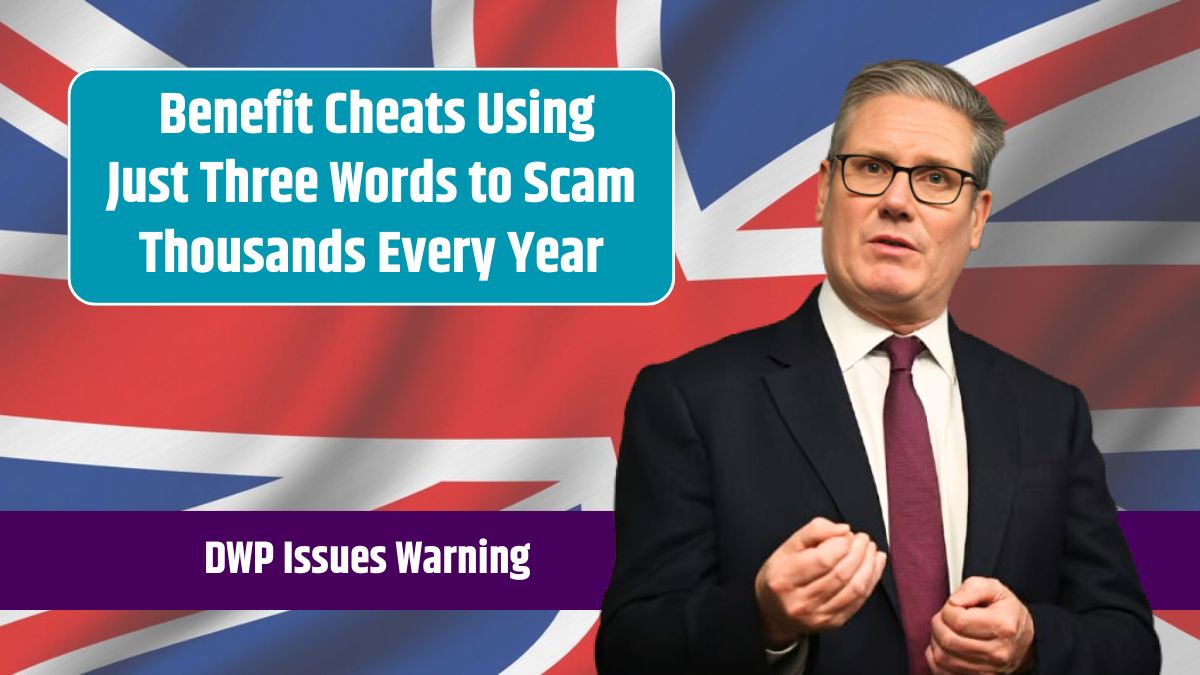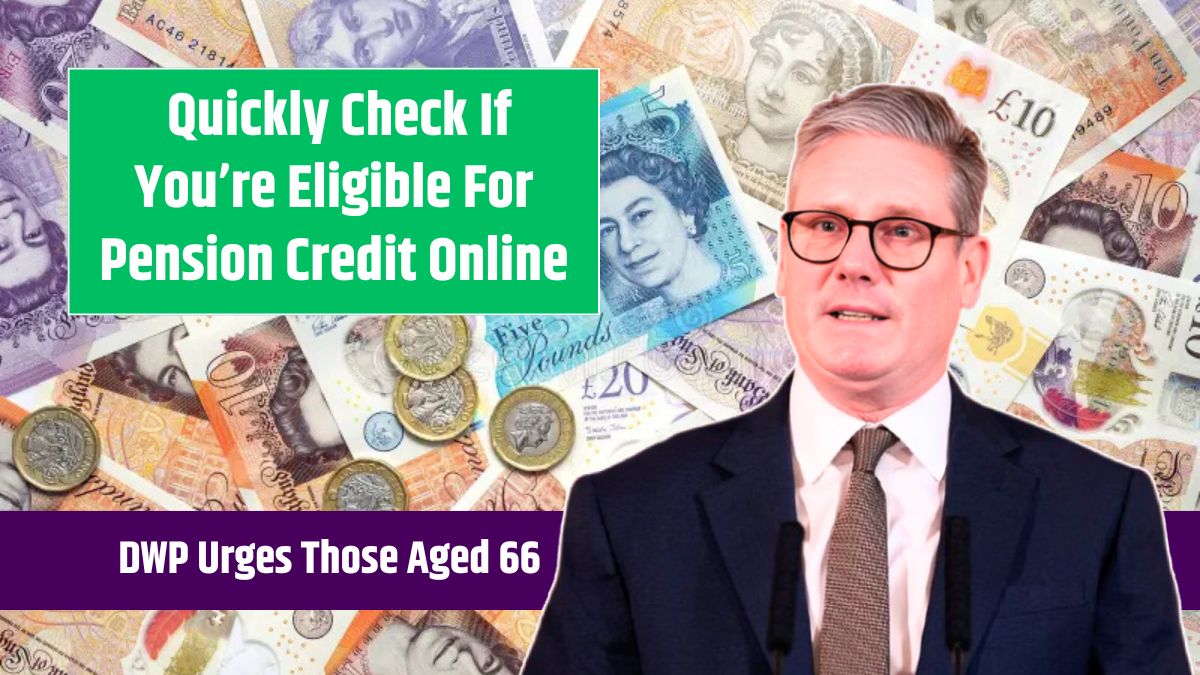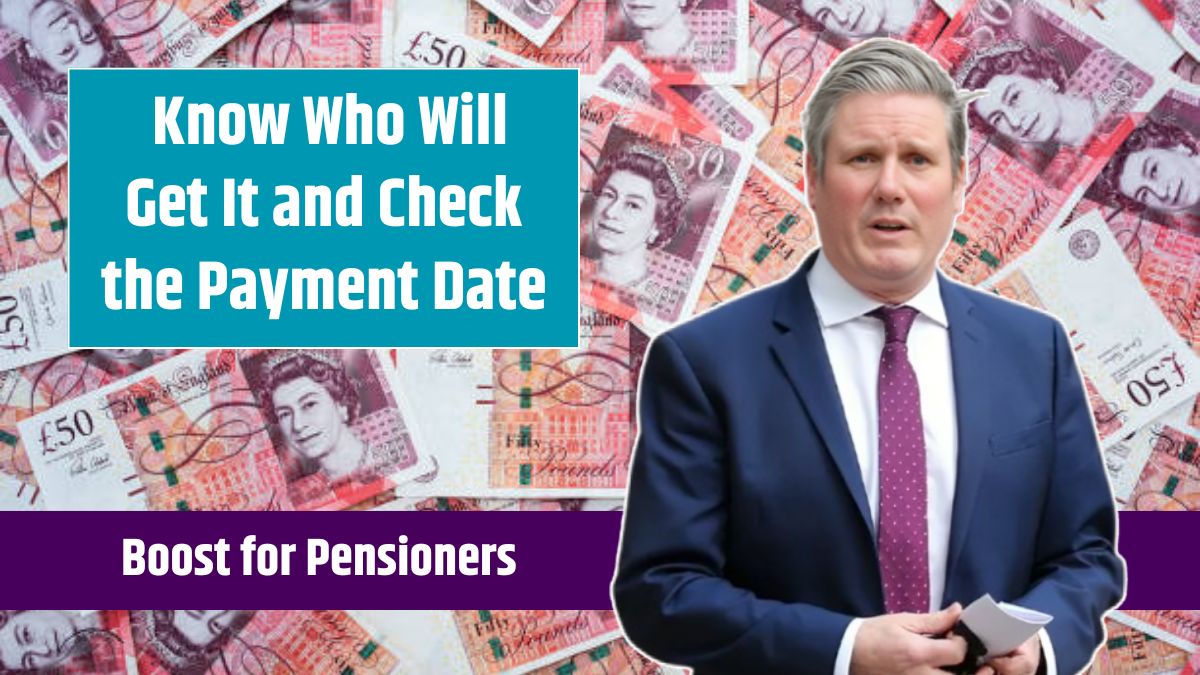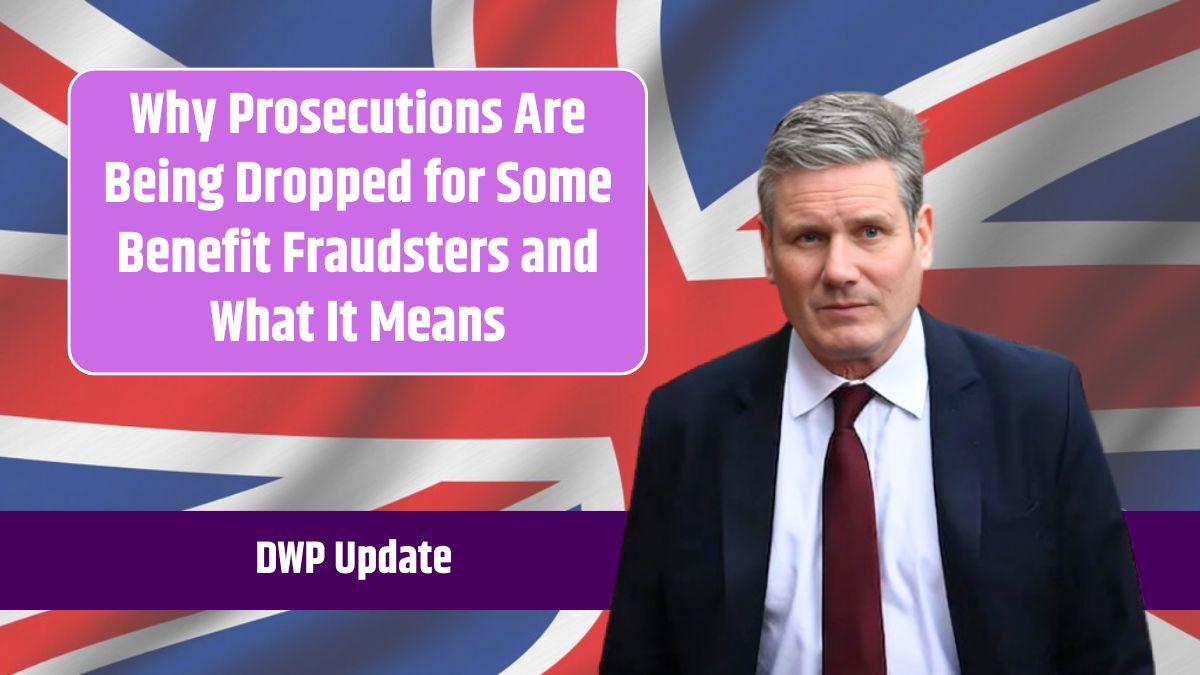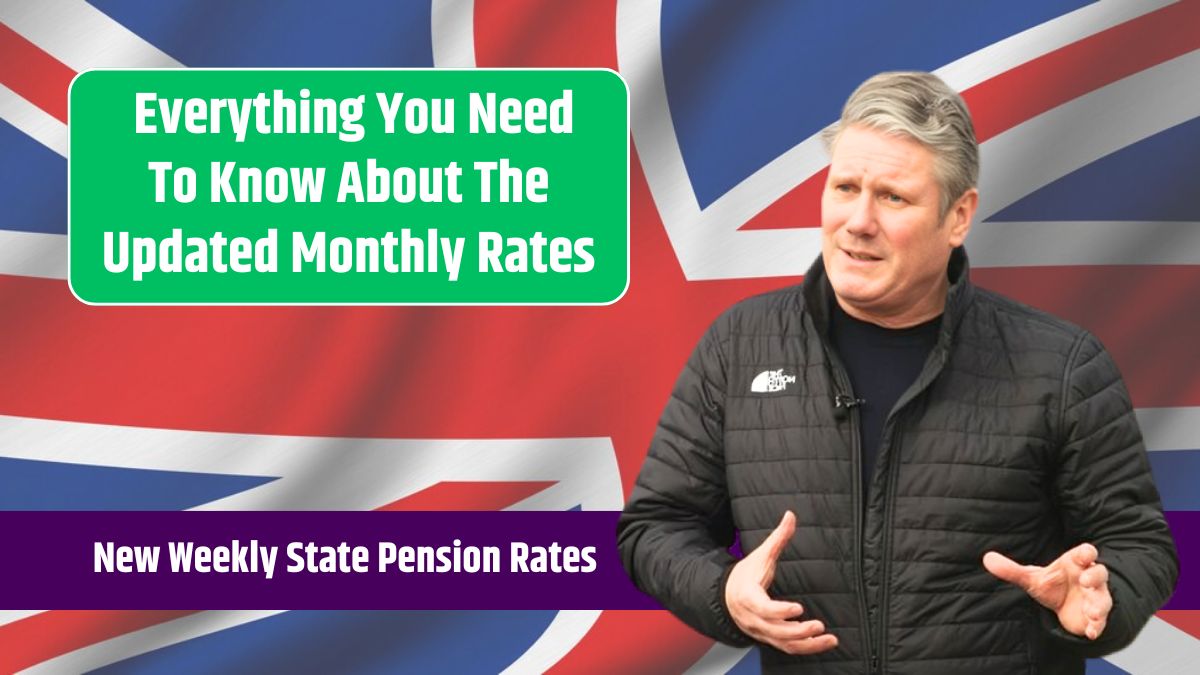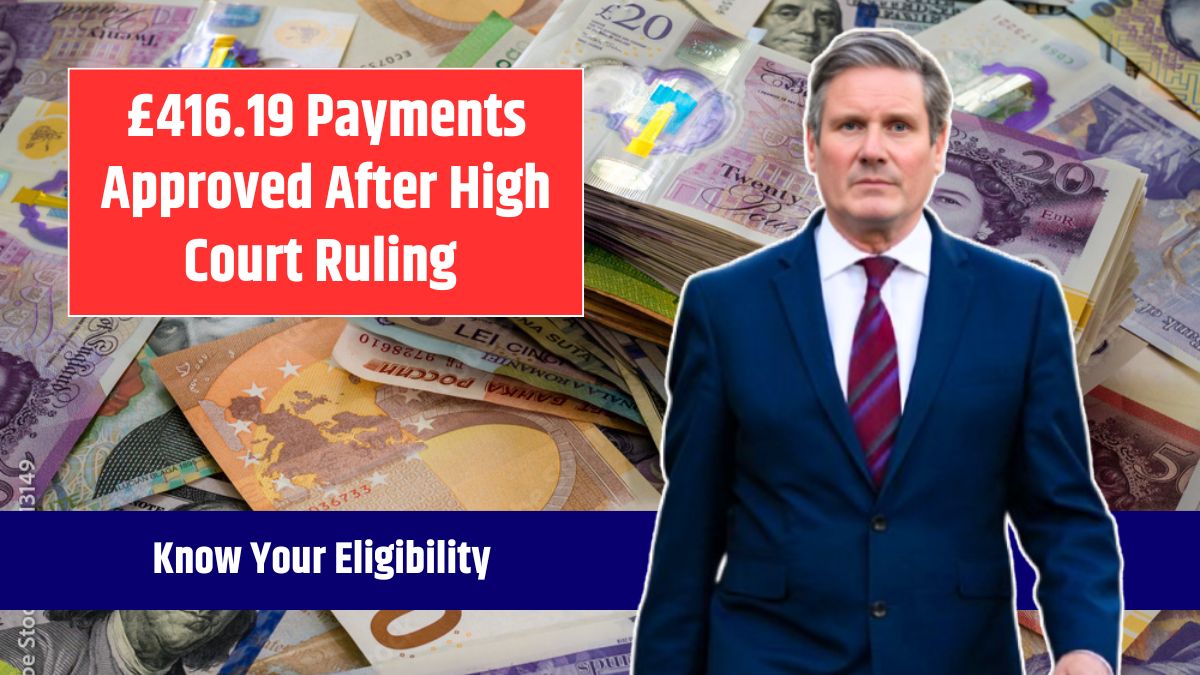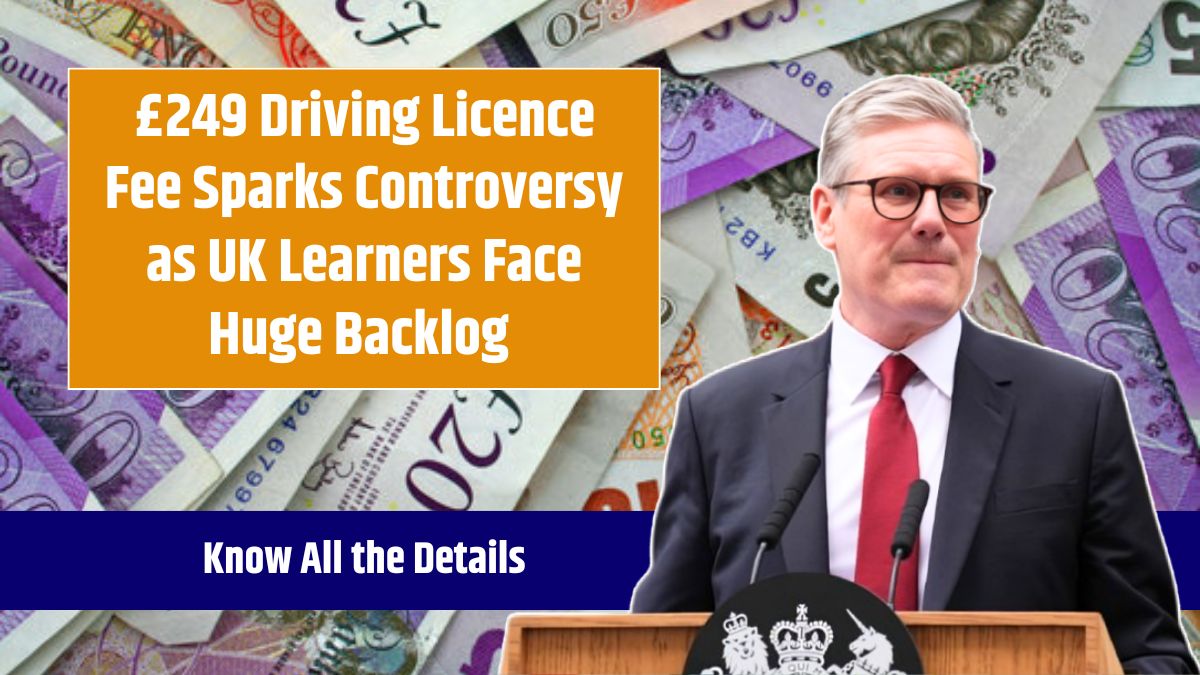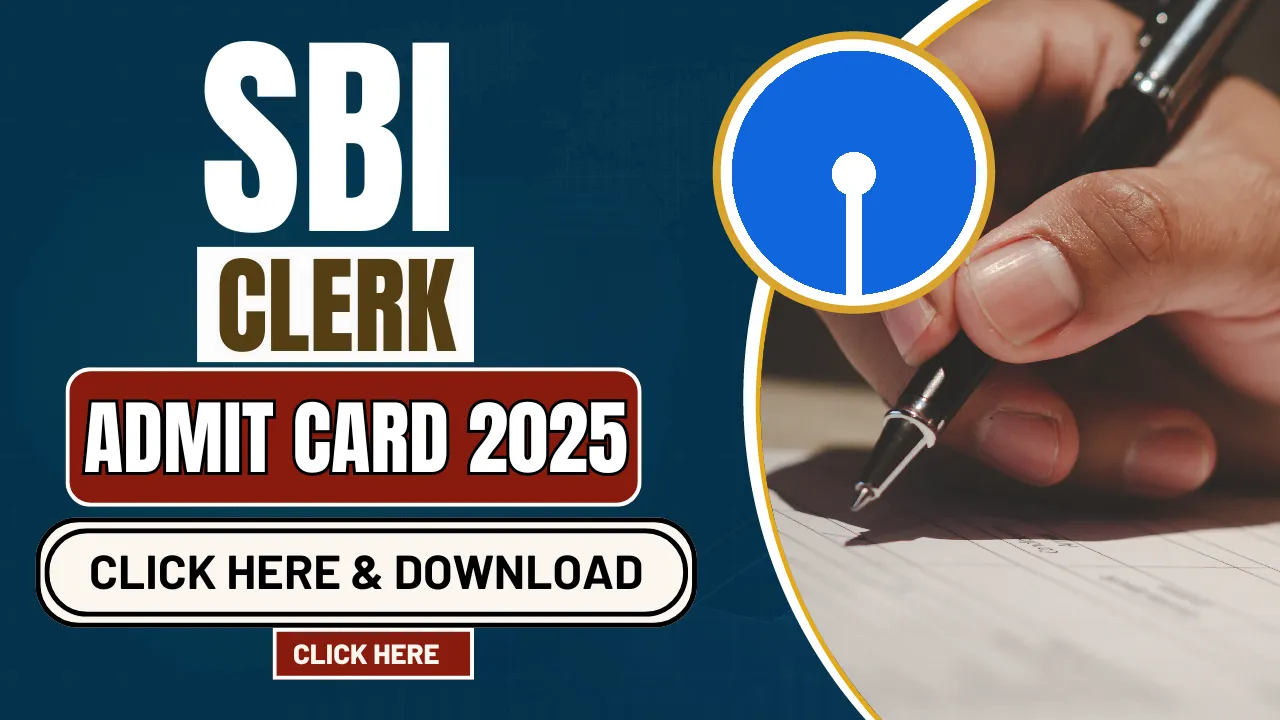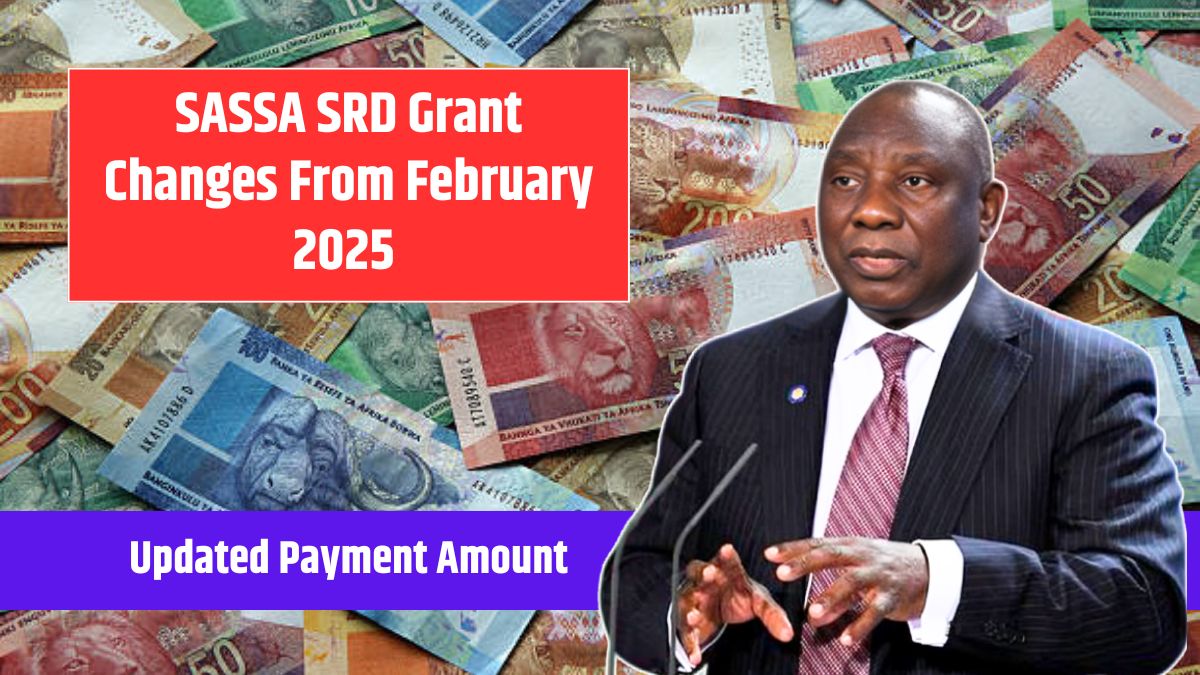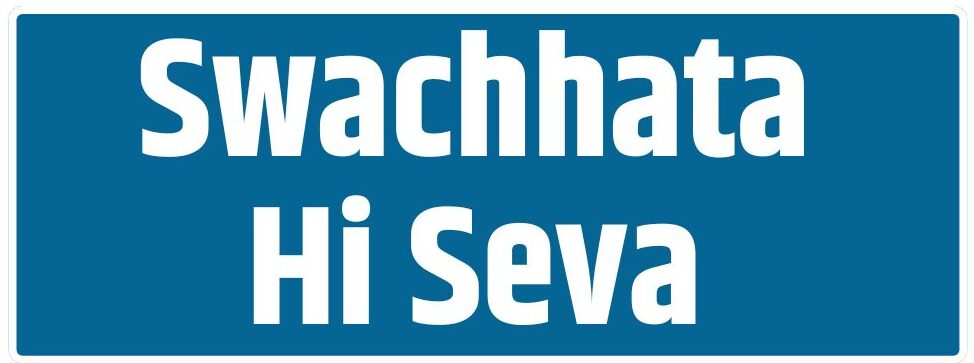The Department for Work and Pensions (DWP) is under pressure as fraud within the benefits system reaches alarming levels. Work and Pensions Committee member Damien Egan MP has warned that fraudsters are exploiting loopholes to pocket up to £10,000 a year, all while investigations and prosecutions decline.
During discussions with work coaches at a local Jobcentre, some of whom have decades of experience, Egan was told:
“They have never seen it so bad.”
Fraudsters Exploiting the System
One of the most common tactics fraudsters use involves work capability assessments for Universal Credit (UC). Normally, UC claimants must undergo an assessment to determine if they are fit to work. However, Egan observed that some individuals were receiving disability-related benefits based on vague statements like “no can work” without proper verification.
These fraudulent claims remain unchecked for months, and when individuals are eventually deemed fit for work, they simply re-enter the system with a new condition, restarting the cycle.
Self-Employed Expenses
Another fraudulent scheme involves the self-employed expenses system. Individuals can inflate their expenses to artificially lower their declared income, boosting their Universal Credit payments. Some claimants are reportedly gaining as much as £10,000 annually through this loophole.
Egan warns that fraud is increasing, while investigations and prosecutions are decreasing, creating a “perfect storm” that criminal gangs are exploiting.
Government
The Fraud, Error and Recovery Bill grants the DWP new powers to combat fraud, including:
- Accessing bank statements to verify suspicious benefit claims
- Directly withdrawing money from fraudulent claimants’ bank accounts
- Using border records to track benefit recipients travelling in and out of the UK illegally
Additionally, HMRC’s shift to digital tax processes will provide the DWP with greater access to self-employment data, making it easier to identify fraudulent expense claims.
Prosecutions
Despite new laws, Neil Couling, Director General of Fraud, Disability, and Health at the DWP, has admitted:
“Fraud is such a big volume that you can’t prosecute your way out of this problem.”
Instead, the DWP is focusing on administrative penalties for small-scale fraud while reserving court cases for large, organised fraud rings. Couling also cited court backlogs as a reason for the limited number of prosecutions.
DWP Identified
During the Covid-19 pandemic, benefit fraud skyrocketed, with:
- 2.4 million new benefit claims
- Peak levels reaching 100,000 claims per day
Now, the DWP aims to recover £1.7 billion in fraudulent payments this year through new bank statement verification and direct deduction powers.
Innocent People
While these new anti-fraud measures are designed to recover stolen money, there are concerns about potential misuse and financial hardship for those affected.
Couling reassured the public that:
“We give people the opportunity to pay this money back. We don’t go straight to these powers. These are conversations.”
The DWP insists that deductions will only be used in cases of clear fraud, not as an immediate response.
With benefit fraud on the rise and criminal groups exploiting loopholes, the government faces mounting pressure to ensure its new laws target real fraudsters while protecting vulnerable claimants.
FAQs
How are fraudsters abusing the benefits system?
Some claim disability benefits without proper checks, or inflate self-employed expenses.
How much can fraudsters claim illegally?
Some benefit fraud schemes allow claimants to pocket up to £10,000 a year.
What new powers does the DWP have?
The DWP can access bank statements and deduct funds from fraudsters’ accounts.
Why are there fewer benefit fraud prosecutions?
The DWP is prioritising large-scale fraud cases due to high court backlogs.
Can innocent people be affected by these new rules?
The DWP says deductions will only apply in clear fraud cases after discussions.
